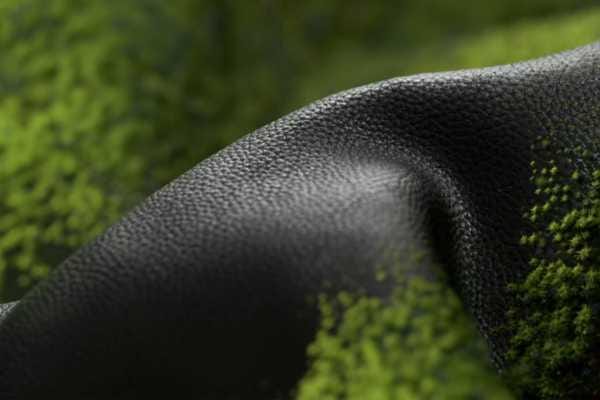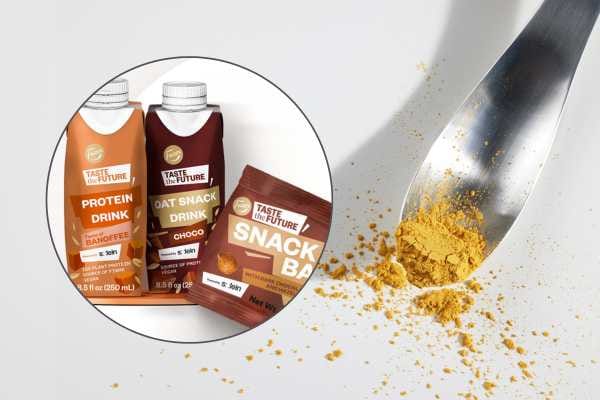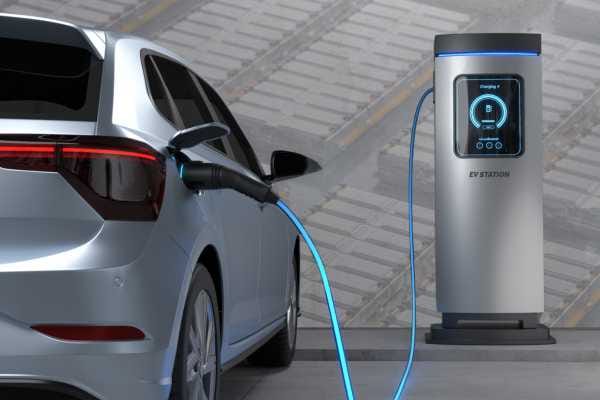Eco space travel in awards shortlist
Kinetic energy harvesting and a coating to preserve fruit and veg are also in the running.

The Australian Technologies Competition shines a light on innovators driving real-world change. These cleantech startups are among the contenders.
Sustainable space travel, kinetic energy harvesting, and a coating that slows fruit and veg ripening – these are just some of the technologies being developed by finalists of an awards program for innovators with global growth potential.
Backed by tech advisory firm Scalare Partners, The Australian Technologies Competition is seeking out innovations that drive real-world change, with ten 2023 winners to be announced later this month.
Each of these finalists will have access to investors, mentors, and industry experts to help them scale and grow. We take a look at some of the shortlisted startups below.
Zero-emission space travel
Space travel should be green too, and Hypersonix Launch Systems is an Australian space startup that’s developing aerospace technology with this in mind. Hypersonix’s hypersonic technology is reusable and is green-hydrogen powered.
The company is working with the US Defence Department to supply a reusable aircraft for the Pentagon and is also working with the University of Sydney on a zero emissions hypersonic spaceplane to deploy small satellites into low earth orbit.

Turning movement into electricity
Kinetic energy harvesting technologies provide promising ways to generate clean and regenerative energy for different applications.
Onvol is developing kinetic energy harvesting technologies that can turn movement into electricity to power industrial internet and wireless sensors in demanding industries such as wind energy generation.

Coating material to extend shelf life
More than 40 per cent of the world’s food is lost between harvest and retail. AloxiTec has developed and patented a flexible coating material for fresh produce packaging that can extend shelf life.
The coating works by slowing down the food ripening process without refrigeration or the use of chemicals.
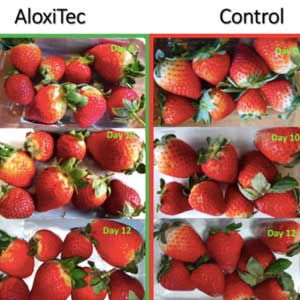
Public kerbside EV charging
A lack of public kerbside charging is seen as a major barrier to EV uptake. With this in mind, EVX has plans to rollout 1000 kerbside chargers in urban areas in Australia in partnership with UK company Connected Kerb.
EVX’s below-ground infrastructure allows for above-ground charging points to be progressively installed without additional substations.
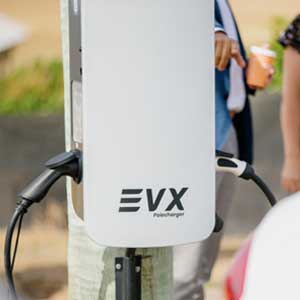
Green charcoal for metal production
Coal and coke is a key component in the primary metals industry. As the industry transitions to a renewable economy, a replacement will be needed.
Pyrochar is scaling a proven green charcoal product that it has been developing for more than 13 years with research partner CSIRO to produce net zero emission metallurgical char (MetChar) to help to decarbonise the metals sector.
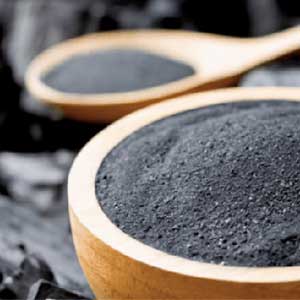
Accounting for emissions
Having access to current, credible greenhouse gas emissions data will be increasingly important as companies seek to get to know and reduce their carbon footprint.
There is also a strong push from the finance industry, and regulators for more rigorous, transparent and reliable carbon accounting. FootprintLab aims to help with a curated data offering that was developed in cooperation with the University of Sydney and UNSW and is used by the United Nations, the CSIRO, Climate Active and within a number of peer reviewed scientific journals.



